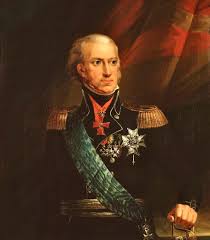King Charles: A New Era for the British Monarchy

Introduction
The ascension of King Charles III to the British throne marks a significant turning point not just for the monarchy but also for the United Kingdom as a whole. Following the death of his mother, Queen Elizabeth II, King Charles has the monumental task of leading the royal family into a new era amidst evolving public perceptions and societal changes.
The Significance of King Charles’s Reign
King Charles, formerly known as the Prince of Wales, has been a public figure for decades. As king, he brings a wealth of experience alongside a modernisation agenda aimed at rejuvenating the monarchy. His commitment to issues such as climate change and social inequality reflects a more progressive approach compared to his predecessors. This shift has been particularly well received by younger generations, who expect their institutions to address contemporary issues.
Public Engagement and Initiatives
Since becoming king, Charles has embarked on a series of initiatives that highlight his dedication to community and environmental concerns. Early this year, he launched the ‘Green Britain Programme’ to promote sustainable living across the United Kingdom. In October, he hosted a summit focusing on mental health and resilience, drawing attention to the importance of mental well-being in today’s fast-paced society. These initiatives demonstrate his intent to remain relevant and accessible to the public.
Challenges Ahead
Despite his proactive engagement, King Charles faces significant challenges. Public support for the monarchy has seen fluctuations, particularly during times of political unrest. The socio-political landscapes in Scotland and Northern Ireland present ongoing debates about the future of the United Kingdom itself and the role of the monarchy therein. King Charles will need to carefully navigate these waters to maintain public confidence in royal institutions.
Conclusion
King Charles’s reign is characterised by a delicate balance of tradition and modernity. As he embraces his role as monarch, both opportunities and challenges lie ahead. His focus on contemporary issues could lead to a reinvigoration of the monarchy’s public image, fostering a stronger connection with citizens who demand accountability and relevance from their leaders. As this new chapter unfolds, the eyes of the nation—and indeed the world—will be watching closely to see how King Charles shapes his legacy.









